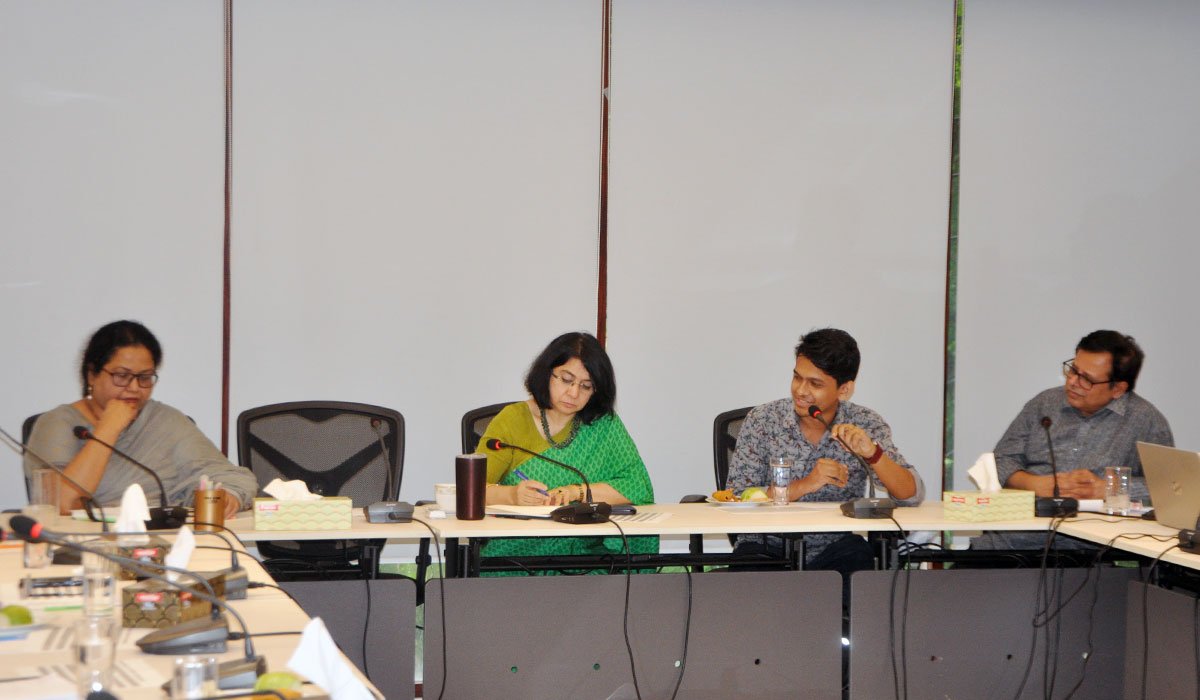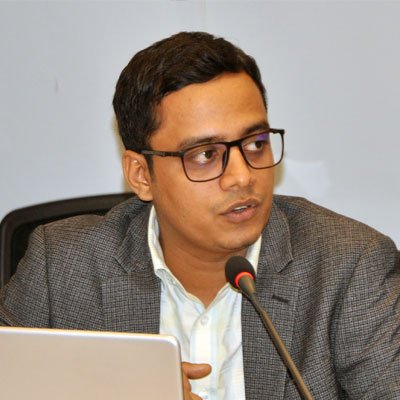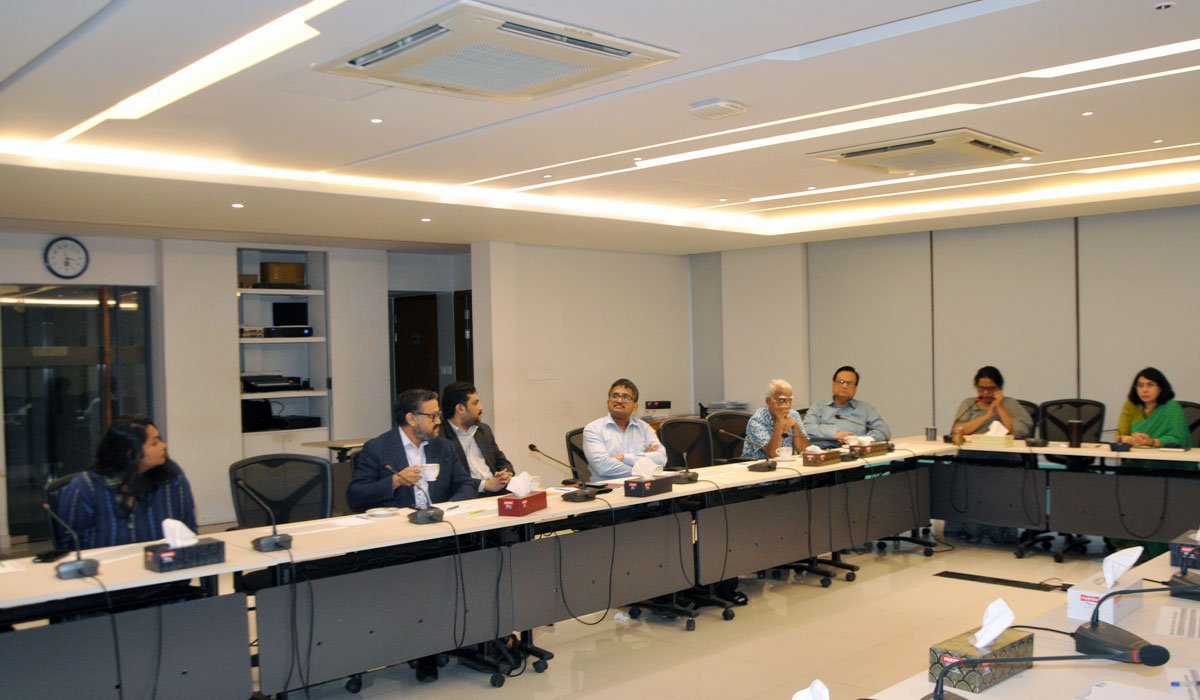
Bangladesh must strengthen policy coherence, mobilise domestic resources, and empower local action to truly walk the road to COP30. This was the central message of an expert consultation held on 14 September 2025, titled “Road to COP30: Can National Interest be Aligned with Global Climate Goals?”.
Moderating the session, Dr Fahmida Khatun, Executive Director of the Centre for Policy Dialogue (CPD), stressed that Bangladesh’s vulnerability to climate change provides a unique moral and economic case for stronger global commitments. She emphasised that climate justice means ensuring concessional and grant-based finance for adaptation, not burdensome loans that add to debt stress.
 Mr Foqoruddin Al Kabir, Senior Research Associate at CPD, outlined the gap between ambition and reality in his trigger presentation. While Bangladesh contributes only 0.51 per cent of global emissions, it ranks ninth among the most climate-affected nations. He pointed out that although the country has set ambitious renewable energy targets, around 5 per cent of its power currently comes from renewable sources.
Mr Foqoruddin Al Kabir, Senior Research Associate at CPD, outlined the gap between ambition and reality in his trigger presentation. While Bangladesh contributes only 0.51 per cent of global emissions, it ranks ninth among the most climate-affected nations. He pointed out that although the country has set ambitious renewable energy targets, around 5 per cent of its power currently comes from renewable sources.
Discussions among experts highlighted several urgent priorities. They called for tapping into Bangladesh’s own resources and strengthening institutional management for more effective climate action. Participants noted that emissions from the agriculture and livestock sectors need greater recognition in national policies. They also expressed concern that only a small fraction of climate finance has reached those most in need, urging the development of clear policy guidelines, reliable national-level energy data, and effective carbon monitoring systems. Another major theme was the importance of a just transition. Experts stressed that Bangladesh must prepare its future labour force with skills for green jobs, while guiding private sector growth in a way that does not exacerbate emissions.

The consultation concluded that accessible and secure climate finance must be a central demand for Bangladesh at COP30. Such finance should support all sectors, especially the most vulnerable, while positioning the country to leverage its vulnerabilities not as a weakness but as a powerful case for climate justice, resilience, and sustainable prosperity.


